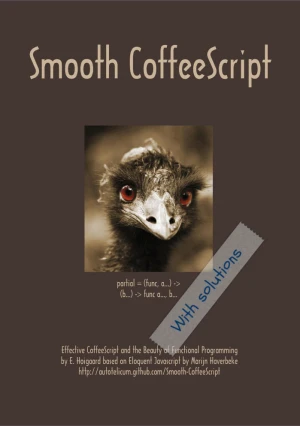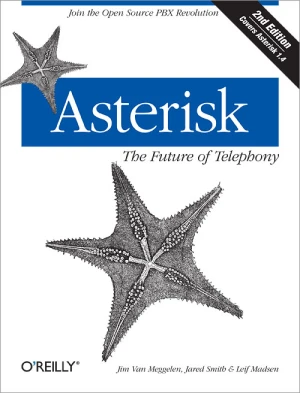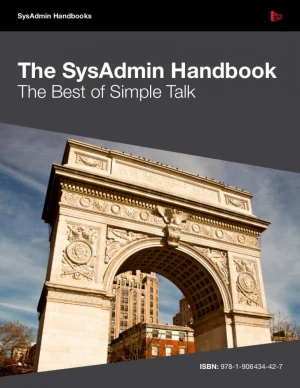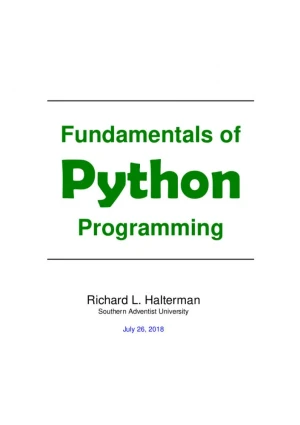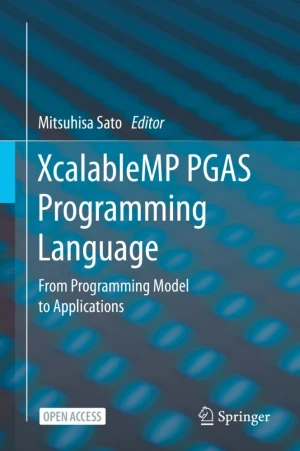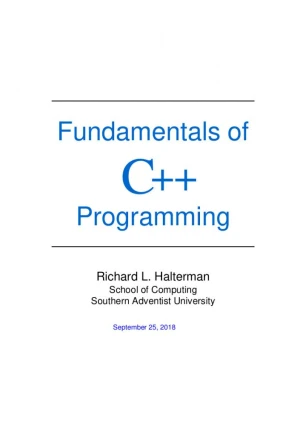Haskell: The Craft of Functional Programming, 3rd Edition
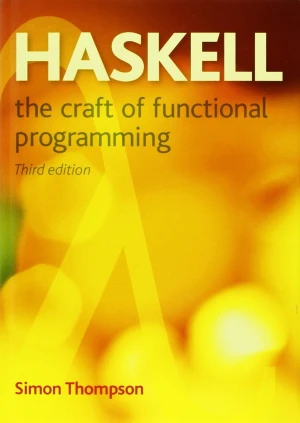
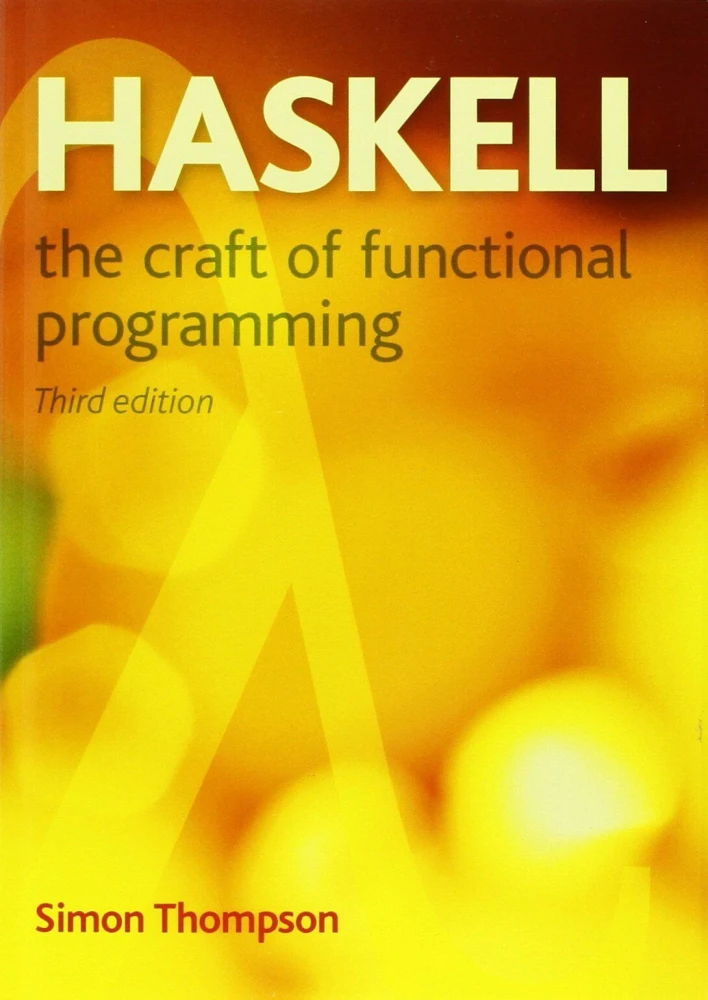
Book Details
| Author | Simon Thompson |
| Publisher | Addison-Wesley |
| Published | 2023 |
| Edition | 3rd |
| Paperback | 624 pages |
| Language | English |
| ISBN-13 | 9780201882957 |
| ISBN-10 | 0201882957 |
| License | Creative Commons Attribution-NonCommercial-NoDerivatives |
Book Description
This book offers a comprehensive introduction to functional programming using Haskell, a powerful and modern functional language. It covers core concepts, practical applications, and advanced techniques, emphasizing clarity, correctness, and real-world relevance.
The 3rd edition of one of the leading textbooks for beginning functional programmers is thoroughly revised throughout. Revisions include new material on testing and domain-specific languages and a variety of new examples and case studies, including simple games.
Existing material has been expanded and re-ordered, so that some concepts - such as simple data types and input/output - are presented at an earlier stage. The running example of Pictures is now implemented using web browser graphics as well as lists of strings.
The book uses the GHCi, interactive version of the Glasgow Haskell Compiler, as its implementation of choice. It has also been revised to include material about the Haskell Platform, and the Hackage online database of Haskell libraries. In particular, readers are given detailed guidance about how to find their way around what is available in these systems.
This book is available under a Creative Commons Attribution-NonCommercial-NoDerivatives license (CC BY-NC-ND), which means that you are free to copy and distribute it, as long as you attribute the source, don't use it commercially, and don't create modified versions.
If you enjoyed the book and would like to support the author, you can purchase a printed copy (hardcover or paperback) from official retailers.
Download and Read Links
Share this Book
[localhost]# find . -name "*Similar_Books*"
Smooth CoffeeScript
CoffeeScript is a lucid evolution of JavaScript created by Jeremy Ashke-nas. Apart from the major change in explaining Coffee-Script instead of JavaScript, numerous other changes have been made andsections have been added, edited or removed. Everything that is expressed in this book is therefore solely the responsi-bility of the editor. In the sens
Asterisk: The Future of Telephony, 2nd Edition
This bestselling book is now the standard guide to building phone systems with Asterisk, the open source IP PBX that has traditional telephony providers running scared! Revised for the 1.4 release of the software, the new edition of Asterisk: The Future of Telephony reveals how you can save money on equipment and support, and finally be in control
The SysAdmin Handbook
Over the past two years, Simple-Talk has published articles on a variety of SysAdmin topics, from Exchange to Virtualization, and including everything from Powershell to Unified Messaging. We have brought the best of these articles together to form The SysAdmin Handbook. With over fifty articles packed into this book, it will be an essential refere
Fundamentals of Python Programming
Guido van Rossum created the Python programming language in the late 1980s. In contrast to other popular languages such as C, C++ , Java, and C#, Python strives to provide a simple but powerful syntax. Python is used for software development at companies and organizations such as Google, Yahoo, Facebook, CERN, Industrial Light and Magic, and NASA.
XcalableMP PGAS Programming Language
XcalableMP is a directive-based parallel programming language based on Fortran and C, supporting a Partitioned Global Address Space (PGAS) model for distributed memory parallel systems. This open book presents XcalableMP language from its programming model and basic concept to the experience and performance of applications described in XcalableMP.�
Fundamentals of C++ Programming
Bjarne Stroustrup of AT&T Bell Labs created C++ in the mid 1980s. C++ is an extension of the programming language C, a product of AT&T Bell Labs from the early 1970s. C was developed to write the Unix operating system, and C is widely used for systems-level software and embedded systems development. C++ initially provided object-oriented programmin

